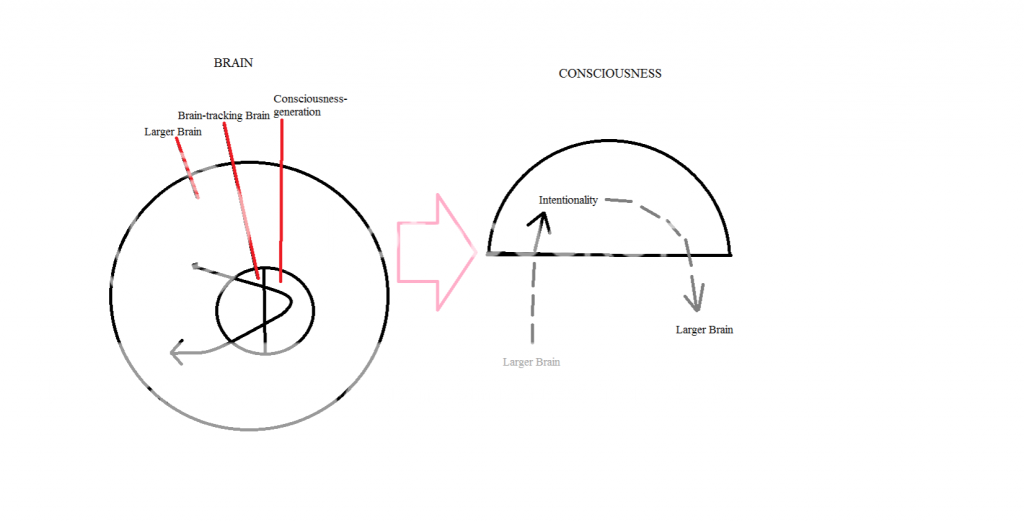I.e. Society of Mind?
Some tidbits:
There is an incredibly more exciting way of realising that than reading a wall of text.We may only ‘see’ an absurd fraction of what is going on, but we can nevertheless assume that it’s the fraction that matters most...
Can’t we?
Say, for example, I recall that there were various sections of the text that either: made me smile, made me 'glaze over', made me marvel. As I am recalling I lack access to the specificities, but my brain has computed the details and what I have left is the residual effects in my active mind, i.e. information that is sufficient for my active mind to say, "yes there were parts that made me, etc., etc., etc."? So to extrapolate the 'stranded' metaphor, a little like a man on an island, surrounded by a horizon of printing presses, receiving the few sheets that the tides bring ashore?The spectator is encapsulated, which is to say, stranded with information that appears sufficient.
Honestly, this matches my experiences with creative thought processes. When an idea is needed and you strain and strain, you hit the old creative block. But, realisable ideas will bubble into view at any given time, apparently of their own accord. (That isn't to imply that they come from nothingness, usually they are get "shook loose" or are casually prompted).especially the way the mental seems to ‘disappear’ when we look over the brain’s shoulder.
Which leads me to:
Although this is the reverse, the notion is the same. As I was writing the above I could not recall the word "extrapolate", however, I was able to recall words with similar meaning and construct a phrase out of those which lead to the actual word I wanted to 'suddenly appear'. With certainly no regard to any 'conscious demand'. But, aren't there a great deal of examples of this? Such as, a person taken back to the scene of a crime perpetrated against them and the memory of the crime comes flooding back. Suggesting recall is a manifold function by (and/or of) association(s)?Originally Posted by Montmorency
In any case this has ruined my appetite for Trivia Nights irrevocably.







 #Hillary4prism
#Hillary4prism 
 Reply With Quote
Reply With Quote











Bookmarks